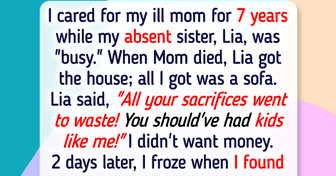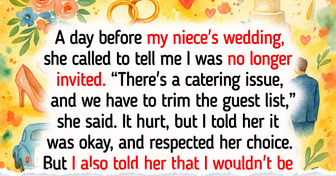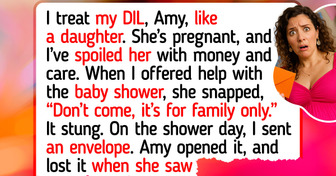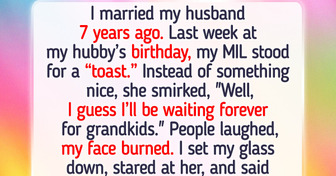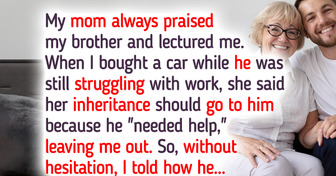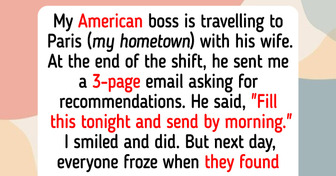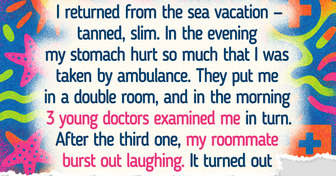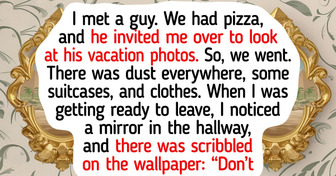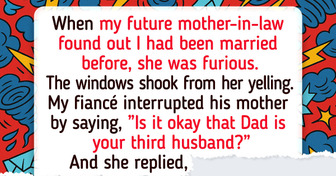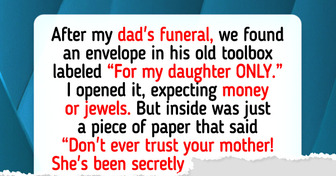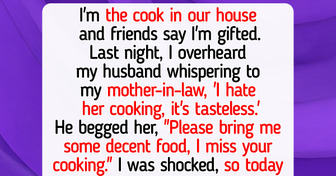15 Stories That Prove the Supermarket Checkout Is a Free Comedy Show
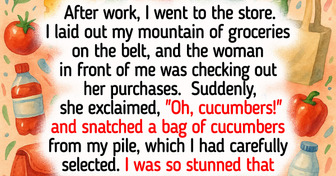
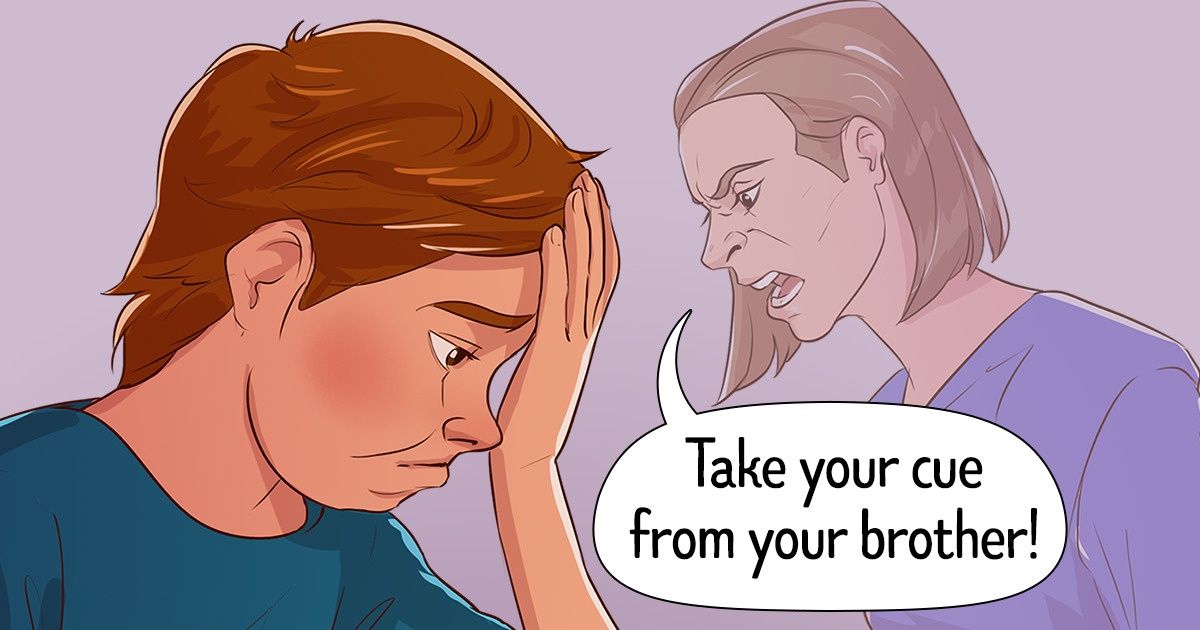
Around 700,000 children are abused every year in the U.S. alone. We may assume that as long as we don’t spank our kids, it’s of no concern to us. But we forget about emotional abuse. A random word we blurt out without even thinking can lead to anxiety, depression, or low self-esteem.
Bright Side grew curious as to what words we may say with good intentions that can result in trouble for kids later on in their lives.
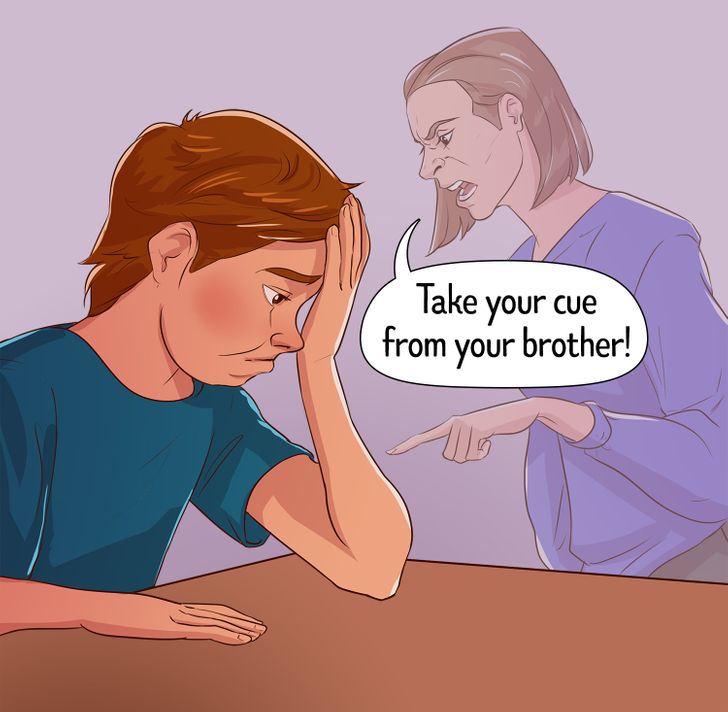
If you compare your child with your best friend’s “perfect son,” they won’t be able to see the correct image of themselves and will feel like losers. Favoritism among siblings, in its turn, leads to an unnecessary rivalry between them. More than that, one of them will feel unloved while the other one will have to bear the burden of the ideal child that has to do everything in the best way in order to keep the position. According to this study, if you favor one child over another, it results in more depression symptoms when they grow up.
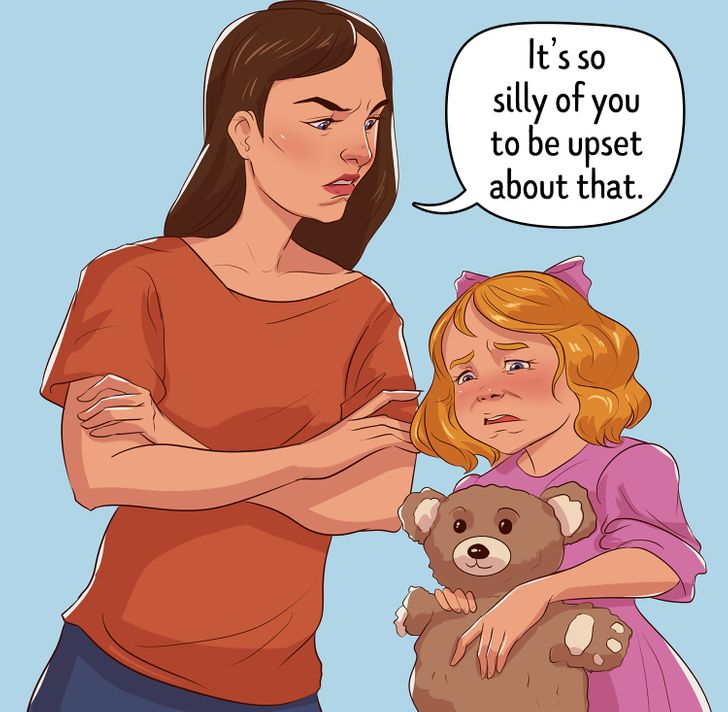
Sure enough, a broken toy may seem unimportant in comparison to having to pay the bills every month, but it doesn’t mean that a child doesn’t have the right to feel emotional about it. When this happens, kids learn to suppress their joy, sadness, or anger and grow up to be adults who are unable to express themselves or build stable relationships with people. According to this research, it can be hard for them to bear their intense emotions in the future, which can cause depression and anxiety when they become adults.
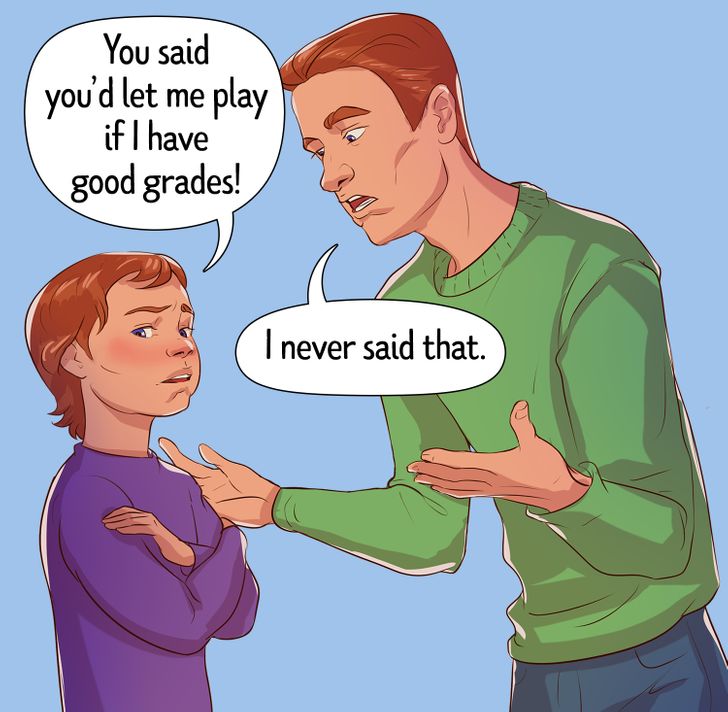
You gaslight when you make a person feel uncertain about their memory by telling lies or just mildly changing the given information. This can also happen when you pretend you never made a promise to your child. It will make them doubt themselves and the world around them, which can result in low self-esteem. This can lead to anxiety, depression, and in extreme cases, psychosis.
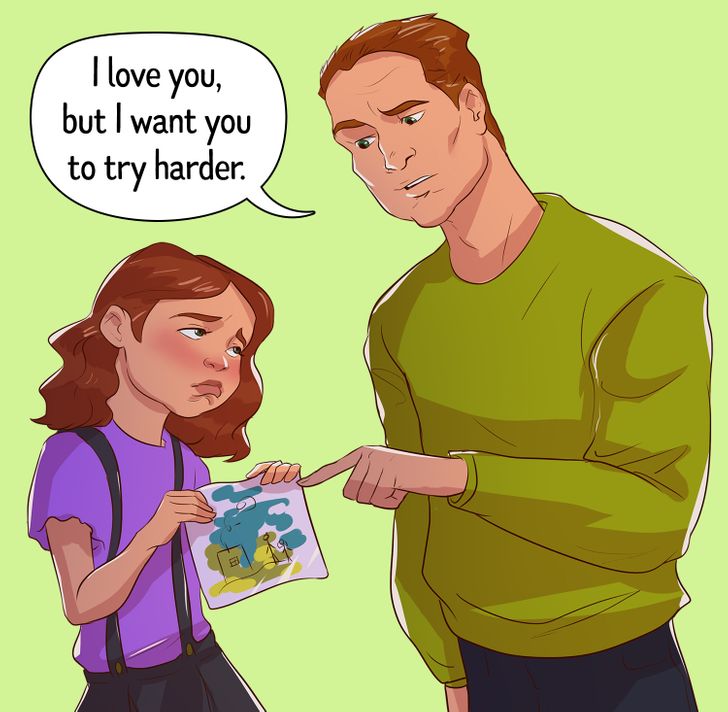
We’re sure you don’t mean any harm by saying things like this. On the contrary, you want to push your child forward and motivate them. While this is what you think, what your child hears is: “Other people and I will only love you if you do everything perfectly. You yourself are not worthy of love without your accomplishments.” This shows that we have excessive demands when it comes to performance.
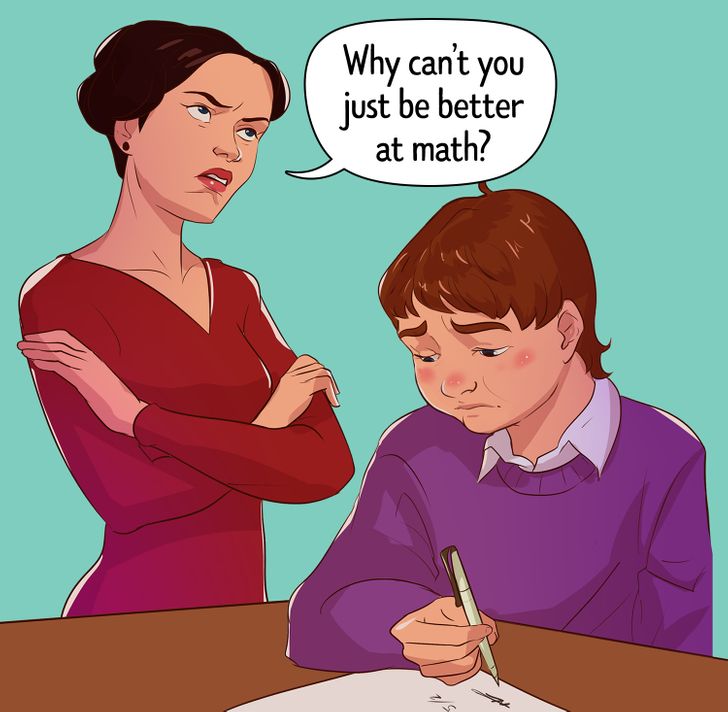
This doesn’t help a kid to try harder. It actually has the opposite effect. The more you point out their incapabilities, the higher the chance that they’ll give up. Such phrases from parents make children lose confidence in themselves, which will lead to depression and anxiety when they grow up.
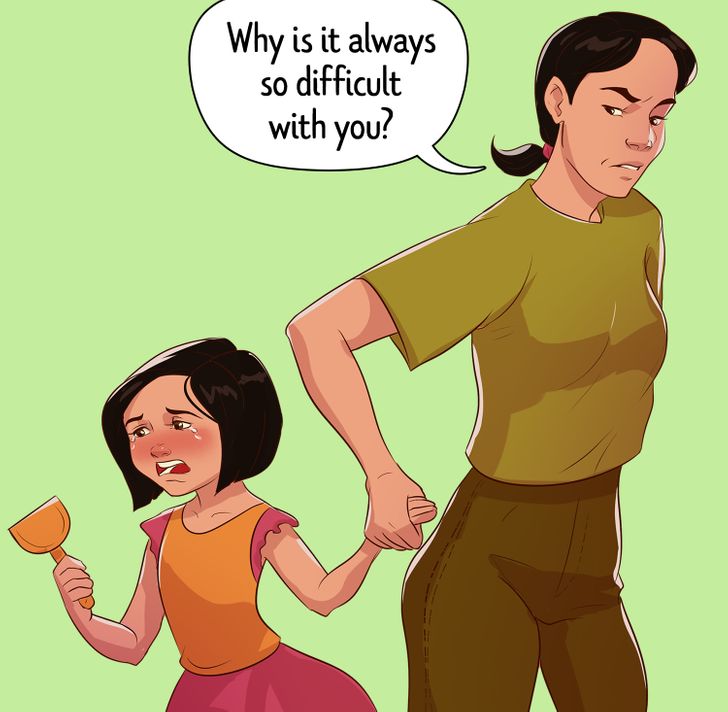
While kids are always told to ignore hurtful things that bullies say to them, they can’t always do the same when it comes to their parents’ words. Whether you’re pointing out their physical or mental disabilities, it distorts the image they have of themselves. It may result in emergence of a variety of psychiatric problems including eating disorders.
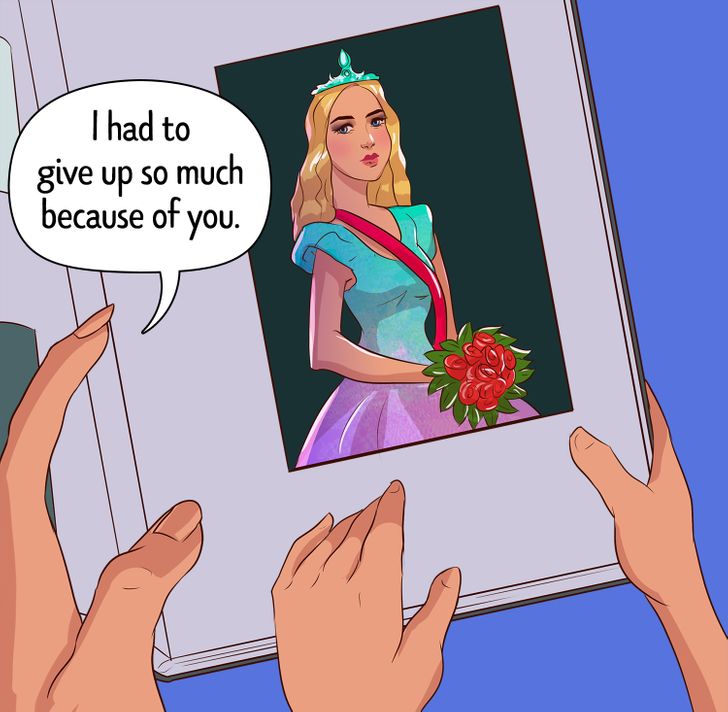
Sure, you likely had to make sacrifices to have kids. But it was your choice to have them. Don’t shift the responsibility onto them. They don’t have to feel guilty because of your decisions. In some cases it may lead to pathological guilt that in its turn is associated with various neurosis including obsessive-compulsive disorder.
Do you remember what your parents said to you and what lowered your self-esteem? What things will you never say to your child?

